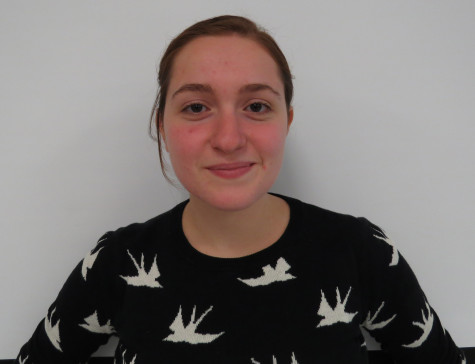
YOUNG ADULT (YA) is not a genre. YA is an age range – a demographic rather than a mass of people who like to read stories about, say, a coal miner’s dystopian daughter and mahogany tables. This age range is teenagers; the category is new and expanding [insert someone older grousing about how, when he was in this demographic, he didn’t need ‘teen’ books. He read whatever he could get his hands on – War and Peace, the Bible, cereal boxes, the side of a milk carton – and he did it backwards, in the snow, up a hill, besieged by feral dogs]; and, unlike many might say, it isn’t awful.
This is for those of you who like to claim that you’re above YA literature: direct your emboldened and italicized high horse to the Library and check out the sheer range of genres YA covers. It can be slow-paced fantasy, romantic science-fiction, sardonic cancer. It slaps all narrow genre conventions in the face and does what it wants. There is something for everyone, so long as you’re cool with reading from a teen’s point of view.
YA books tend to feature a teenage protagonist. This should be obvious. The teenage protagonist has typical teenage protagonist problems. That’s where some complain. And that’s where I applaud.
YA fiction targets what was once an under-served population: teenagers. Someone is finally telling stories about all the things that are happening to teens, because weird things happen and we want them perpetuated (in so many words). There exists the well-circulated argument that sex, drugs, and drinking are way more prevalent in YA writing than they are in real life. I don’t know about that. This isn’t me suggesting that every teenager has sex or drinks or does drugs, but these are things that happen. Any YA book that doesn’t address that isn’t being honest.
I do have one serious, unforgiven roast about YA books, though, and that’s the style of writing common to almost all – the prevalence of first-person point-of-view and past-tense. Obviously, first-person tends to be more forthright, and past-tense is more cinematic, but both refuse personal interpretations of writing. YA books all tend to be shorter, too. They aren’t big enough to bludgeon someone who bothers you whilst reading, hovering around the 60,000 word mark. Obviously, there are immense series, but first books, and those that follow, tend to be short.
And most of the words are in dialogue. Some of them remind me of really sharp, shrewd screenplays (John Green, I’m looking at you). I love it. Really. The teens sound like adults. They speak with intelligence and sharpness, and some people call it unrealistic, but guess what? Teenagers are capable of wit.
There is some sincere, humbling storytelling in YA. I’m so happy to see fewer and fewer rants now about how YA is awful. A good story is a good story no matter the age range.



